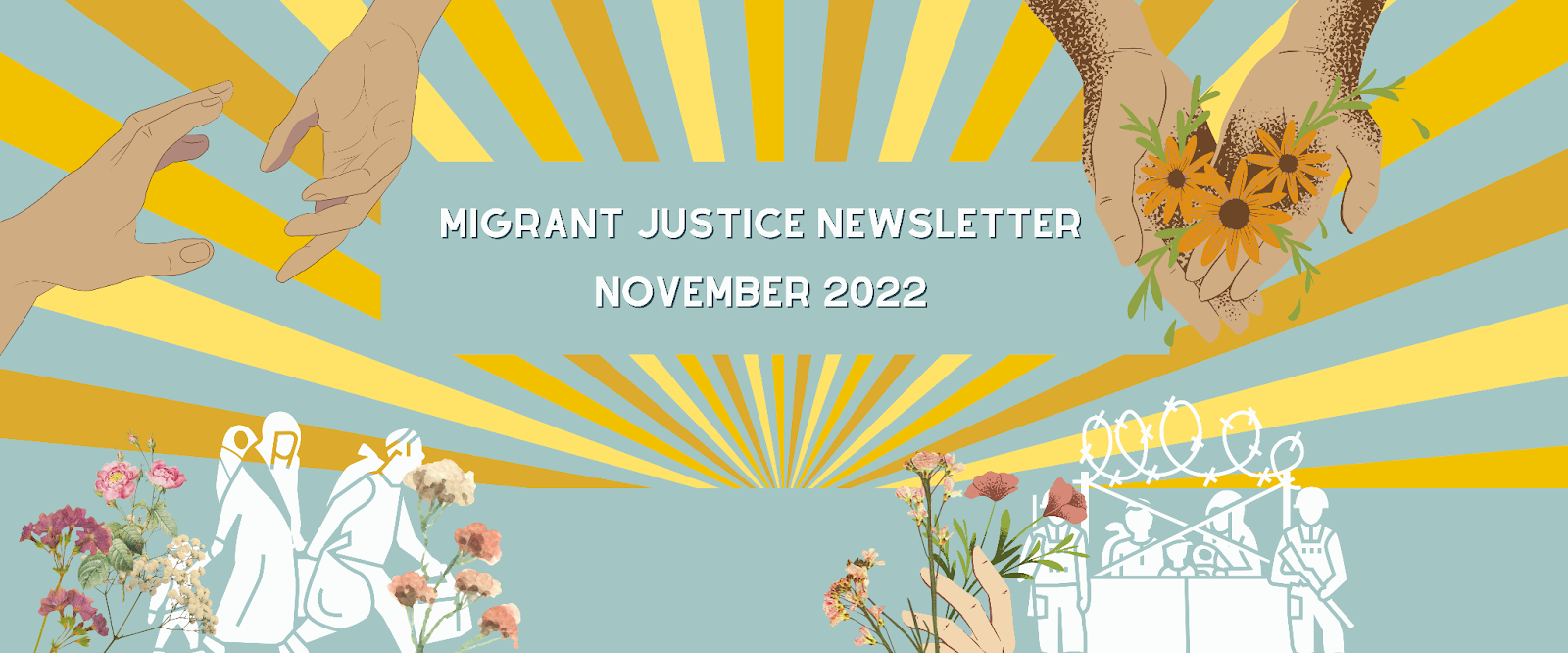In Guatemala the struggle for water protection has been grueling for activists and inhabitants of reserves alike. In few areas is this as visible as in Huehuetenango, an department that borders Mexico. This natural paradise containing rivers, forests and mountains is home to a majority Indigenous population, cultivating coffee and other native crops. But the diverse and untouched land is endangered. More and more immigrants moving northwards and being funneled through Huehuetenango as well as the rapid militarization of the Mexican border disturbs the peace. And that is only the slightest problem. For years, more and more corporations and mining actors have been invading the land, robbing it of its natural resources and poisoning and privatizing water for use in production. To protect their profits, corporations build up militarized and violent security networks. Support for these activities comes from the Guatemalan state, which in coalition with invaders, uses military grade equipment against civilians who are demanding their right to clean and safe water supplies.
But the habitants are putting up a fierce fight for the security of their homes and utilities with their weapon of choice, community organizing. In 2016 hundreds of mostly poor and Indigenous protesters joined forces in Guatemala City to fight for water protection. Events like these are not only important as a means to put forward their demands, but also serve as get-togethers and conferences to discuss strategies and goals. For the Huehuetenago residents, this means establishing municipal water protection in 31 communities in their western territory.
Although the organizing on a municipal level may seem inefficient, the communities have good reason for this strategy. The so-called Municipal Water Agreements state that under national and international law, the Guatemalan government is responsible for the insurance of its peoples survival, a duty that can only be fulfilled by the protection of water as an essential resource. If this agreement would pass, it would make the privatization of water illegal and punishable by law. This is a major blow to mining companies. But for the law to come into effect, the agreement has to be signed by all municipal mayors, an unlikely event. Thirty-three mayors have allied themselves with the industry, being spoiled by political power and bribery. The only way to push these mayors to support the project is an organized community that builds up pressure as a means to save their livelihood. To reach free and organized communities, activists get together to educate the residents by providing workshops, posters, having individual conversations with the community, and organizing events to establish a united voice in the struggle for water and land protection.
But a dark shadow lies over the organizations and their leaders. Internationally, Guatemala is known for its violence against activists with many ending up in prison or even dead. In Guatemala the rate of environmentalists killed is one of the highest in the world.
We need to shed a light on this violence by the state and companies alike, while learning from the water protection fighters. There is an urgent need for international solidarity in the fight for human rights as well as the preservation of our planet.



